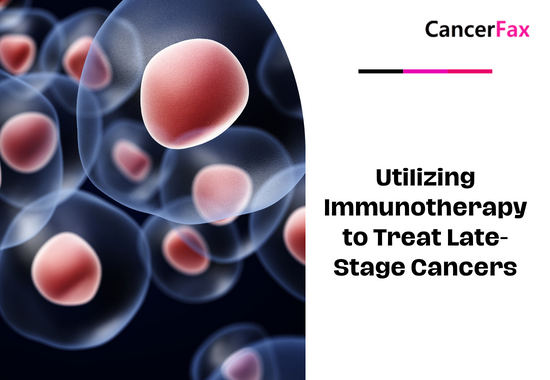According to the results of a 5-year follow-up of the key PACE trial published in the Journal of Hematology, panatinib (Ponatinib, Iclusig) has maintained long-lasting in severely treated patients with chronic phase chronic myeloid leukemia (CP-CML) reaction.
At an average follow-up of 56.8 months, 60% (n = 159) of the 267 evaluable patients achieved a major cellular response (MCyR). 54% (n = 144) of patients had a complete cellular response. 40% (n = 108) patients achieved a major molecular response (MMR), and 24% (n = 64) achieved a molecular response. During the median follow-up period, at 12 months, 82% of patients achieved MCyR, and at 5 years, an estimated 59% of patients achieved MMR. The most common (≥40%) adverse events (TEAE) were rash (47%), abdominal pain (46%), thrombocytopenia (46%), headache (43%), dry skin (42%) and constipation (41%).
In the entire 270 patient cohort, more than 90% of patients had received at least 2 TKI treatments. Investigators found that the response was related to long-term results. The 5-year progression-free survival (PFS) is expected to be 53%, and the overall survival (OS) is 73%.
The release of these data is an important milestone because it shows that Ponatinib is still an effective treatment option for suitable patients with previous TKI failure (including patients with T315I mutation).

